Have you ever thought to yourself, maybe while passing by waterfowls huddled together on a pond, hmm, how about a duck for a pet…? Daffy, Donald, even Jon “Duckie” Cryer seem to have roommate potential.
Everything duck is cute, too, from how they waddle to the quirky sounds they make, but when it comes to adoption, there are some big things to consider before opening your home and wallet.
Firstly, those fluffy ducklings who are so adorably cute, and cuddly, and perfect for the kids on holidays grow, and they grow fast. In just a few months, that little ball of heaven will be a full-grown bird that can get up to 10 pounds!
Also, ducks, like chickens, are traditionally kept on farms or homesteads for bird meat or eggs. But, sorry chickens, not only do ducks not carry an odor but are also highly intelligent, and if properly cared-for are loyal and friendly pets that can live up to 15 years or more.
A Few Things to Consider Before Adoption:
- Ducks are flock birds, i.e., outgoing and social animals. They love chilling in large formations in the air and “paddlings” when on water. Also, for emotional support, protection, as well as foraging. Moreover, it is not enough to have only a human(s) for companionship, part of a duck‘s health and happiness is dependent on being around other ducks. Some breeders and sellers won’t allow you to purchase just one, but a minimum of three to four feathered friends.
- Check your local laws, as some cities and municipalities will not allow poultry (ducks or chickens) to be kept as pets, etc.
- Also, there are different breeds of wild and domestic ducks to explore and learn which one is right for you; although, large domestic birds do not fly and thus are a little easier to manage.
- Ducks cannot be potty-trained as they have no sphincter muscles, which means they cannot hold it. Not soon after something goes in, it comes right back out. While it may seem cute to put a diaper on a duck, the animal needs to do its duty in a natural and free environment uninhibited. If you must put a diaper on your duck, be sure to purchase the proper sized diaper or harness, which you must change every four hours. Ducks are clean animals who preen their beautiful feathers and keep their nests tidy, as well.
- A bathtub may be fun for a quick splash, but it won’t cut it long-term, as a duck must always have access to a clean body of water, be it for drinking, bathing, or just swimming around (while they shouldn’t be out of water for more than eight hours, they can go without swimming, if needed). Without proper water guidelines followed, not only will their health decline, but the duck will become emotionally distressed, anxious and may exhibit destructive behavior. That being said, until a duck (duckling) reaches two weeks, you must deter it from entering the pond as their natural body oils that keep them from getting too cold and possibly ill, have not developed yet. Some experts suggest waiting until the duckling is at least one month before allowing it to go for a swim.
Here, Ducky!
They may not cuddle up in your lap like a kitten, but ducks are quite friendly and will eventually bond and follow. Ducks also can hear commands, play games, give kisses, and some breeds even like having their bellies scratched!
Ducks aren’t aggressive or mean as a goose or rooster and do not bite from anger. However, like with most pets, a bond between you and your duck(s) will come in time, work, and establishing trust (caring for them from a young age helps).
They do like treats and eat all types of healthy items, such as fresh leafy vegetables, corn, green beans, carrots, berries, bananas –most fresh items found at a farmer’s market. They’ll eat the weeds off your grass if you let them, and they love to munch on insects and bugs around your yard or home, like natural exterminators (and ducks are not prone to fleas, ticks, or other parasites). Keep in mind ducks do have that big, rounded bill and may nip at your finger when petting or rewarding with treats. If there are little ones around, let them know because it may frighten but will not break the skin.
Ducks also like shiny stuff, similar to chickens, exotic birds, and raccoons. Mirrors, maybe a string attached to something jingly, anything that is safe, and shimmering will give them a little entertainment. When your duck is happy, one way to tell is how they will make cheerful quacking noises like a chirp, and they will do this when they recognize your voice or see you walking their way. The best part is when they start standing right next to you or encircle you because they feel a trusted, safe space in your presence. Heck, some ducks like music, so once this happens, maybe play a little and move around with your pet poultry bird and boogie down (no chicken dance, please).
If you end up playing with your duck inside, please be mindful as many items can harm a duck. They are sensitive to toxic products with fragrances that they may investigate while inside. Household items like perfume, hairspray, shaving gel, etc., all pose harm because of their underdeveloped olfactory gland.
See Duck Run
Whether you have a big backyard, homestead, or farm, for a duck to be happy, healthy, and safe while “free-ranging,” requires the right environment, as well time, space, and commitment, and having a well-built duck coop or duck run is vital to the animal’s survival. There are many ways to shelter ducks, even down to using dog houses with bedding and other basic needs inside and out will suffice.
- Those waddlers need at least three feet of height for access in and out of their home, and they don’t jump and perch like chickens, so the perimeter fence doesn’t need to be too high.
- Bedding may consist of straw and sawdust shavings or even pine, although the latter doesn’t provide the same warmth of insulation in the colder months as sawdust and straw, however.
- Ducks need security from predators such as raccoons, foxes, bobcats, weasels, and more, so putting hardware cloth rather than chicken wire (wire keeps birds in but not predators out) beneath the flooring of the coop and around the entire perimeter of the run is best. It keeps the housing area safer from the burrowers getting in from any direction (Note: avian predators will pick up a small duck).
- As ducks always need water access, a dugout pond or plastic baby pool (never inflatable) will suffice for their water needs within the sanctity of the run. Even if there is a pond or body of water on the property outside the coop, ducks will still need clean water access on days predators are around and you are unavailable.
- Duck poop is big and muddier than chicken, and it just gets everywhere. Your ducks can get sick from picking up and eating or drinking their own discarded waste. It is imperative to clean often. Also, it is encouraged that you use two or more pools. One with a hanging water fountain to keep the drinking water clean and fresh, and both need to be hosed out and cleaned at least every three days.
Ducks in the Winter Months
The water needs of a duck do not end once winter is here. Almost all domesticated duck breeds will go for a polar bear plunge when there is plenty of snow on the ground.
If you live in freezing conditions, you must think ahead and devise ways to keep the water bodies from freezing-over. Planning what to do with your duck supplies before the thermometer drops too far is a great way to be prepared. Ducks don’t ice skate, so if you see them mulling around in the winter, it might mean you need to get your hammer out and break up some ice on their pool.
Also, a little lighting goes a long way, as a solar coop light will add a little comfort to your waterfowl’s life during the chilly days when they will be inside a lot more and possibly dropping some eggs here and there (which proper lighting induces).
Overall, ducks make good pets if you closely follow the duck rules and guidelines of ownership. They are highly intelligent fowl, can be domesticated, and their eggs are eaten, but some breeds are friendlier than others.It is always good to remember that they are not like puppies, who like to be picked up and cuddled. Also, remember that they live in groups and must have access outside for water to swim, drink, and clean themselves in.
All in all, duck ownership, while possible, comes with great, great responsibility, but with some knowledge and a lot of love, they make for brilliant pets!
Read More:
Mowgli The Rescue Dog’s Journey

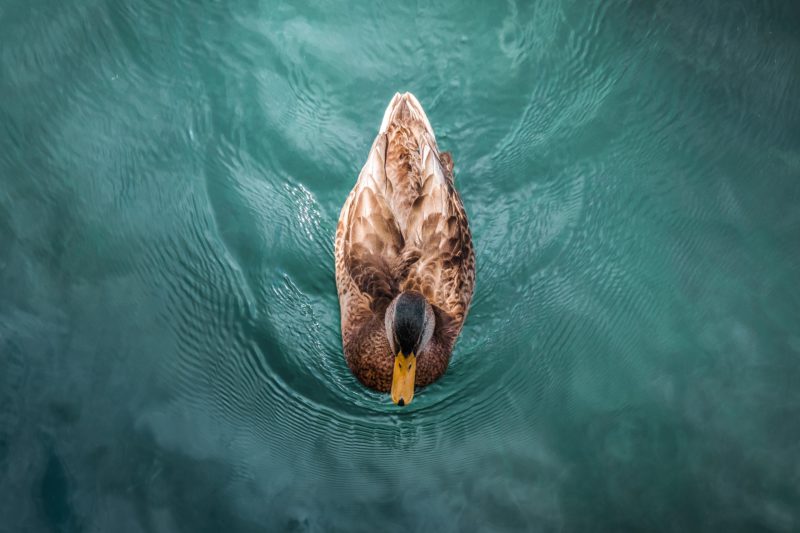
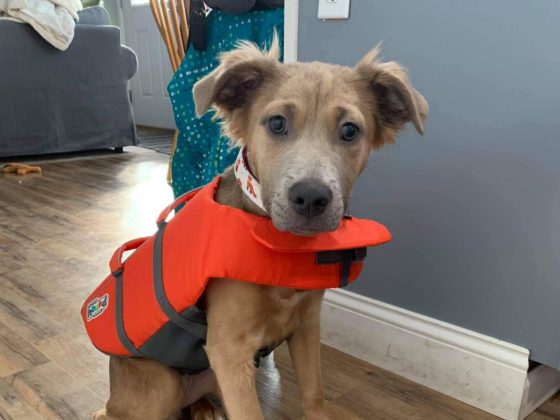
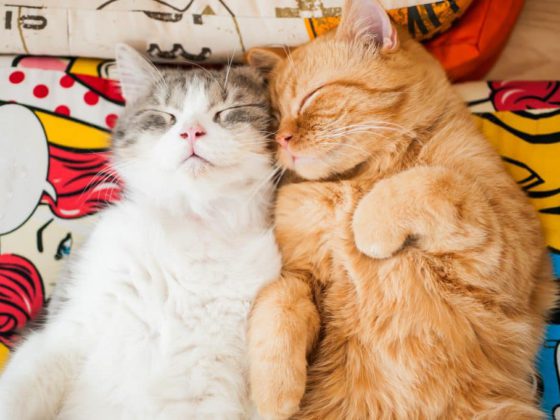
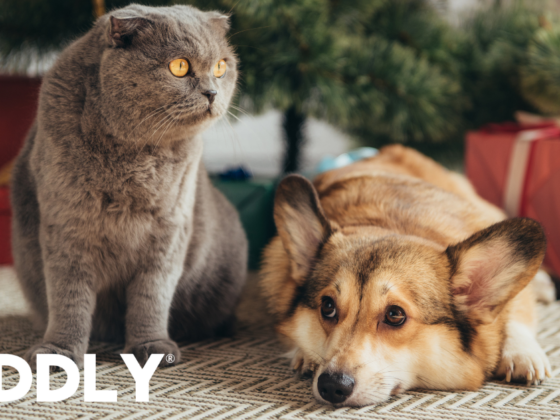
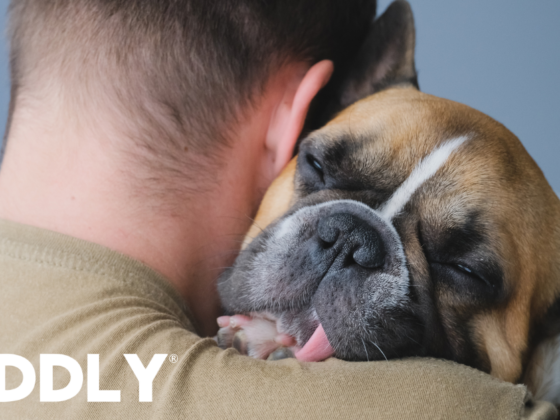




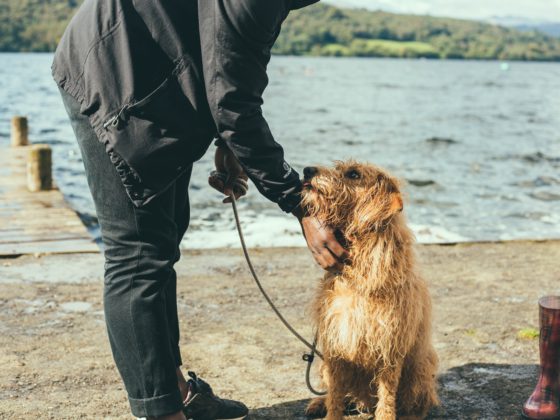



1 comment
Great article Jed, I found it interesting, useful and made my wild pet top position. Great/solid research job!
SR Dee
Comments are closed.